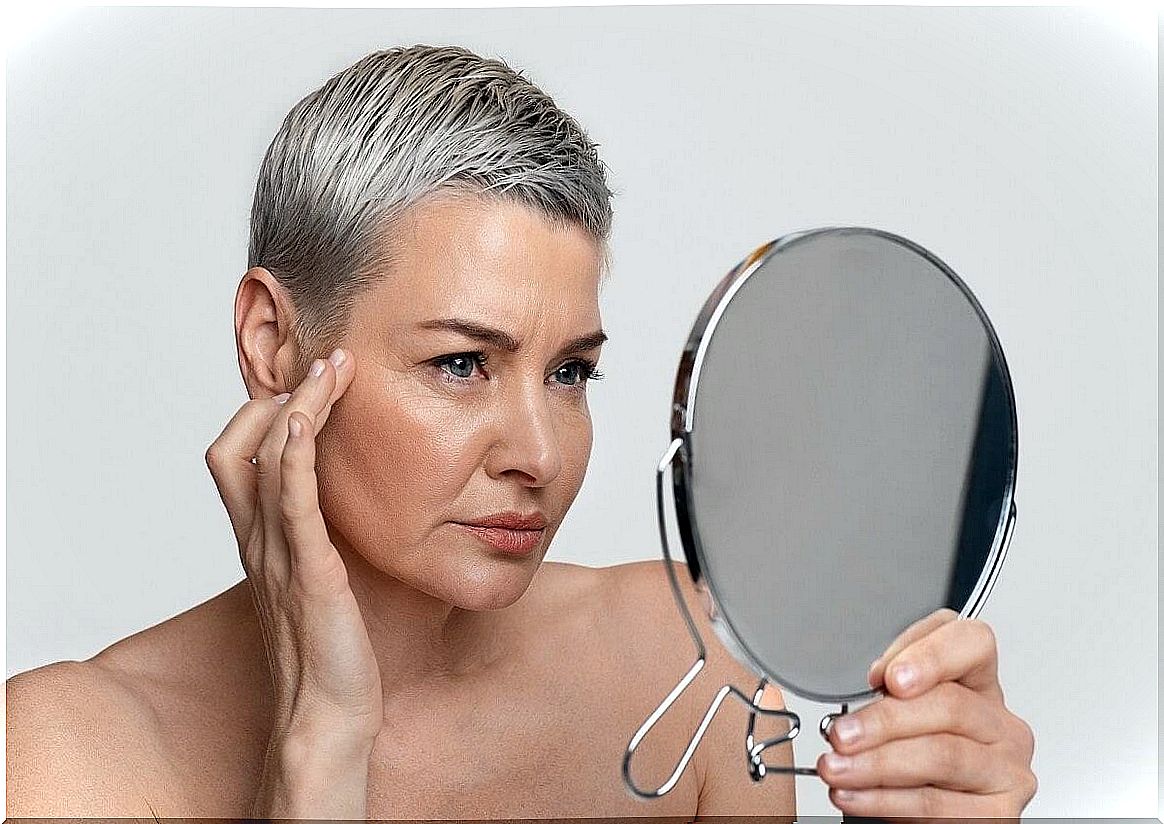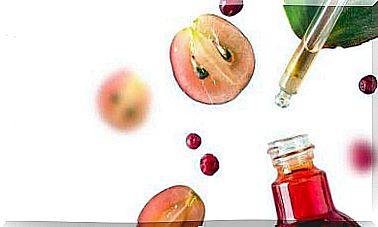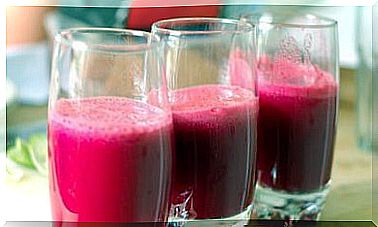What Are Carotenes And What Are Their Benefits?
Carotenes are natural red, yellow and orange pigments found in plants. In addition, their consumption can bring various benefits to our body. Get to know them here!

Carotenes have health benefits because they are a group of natural compounds produced by plants. These substances are responsible for the pigmentation of certain types of fruit and vegetables. In addition, they produce certain beneficial effects on the human body.
This term includes chemical compounds that contain carbon and hydrogen atoms. According to various studies, they are natural antioxidants that have a preventive effect on diseases and are of great importance in nature. You can find out more about this below.
Importance of carotenes in nature
In addition to producing chlorophyll, plants also synthesize carotenes to efficiently capture sunlight. This means that carotenes are crucial for photosynthesis to take place.
They absorb ultraviolet, violet and blue light, and in return they scatter orange or red light and in smaller concentrations also yellow light.
When autumn begins, the chlorophyll (responsible for the green color) is broken down and only the other pigments remain. This creates orange, red and yellow tones in carrots, pumpkins, tomatoes, sweet potatoes and some flowers. In the vegetable kingdom, the carotenes are also responsible for the color of algae and fungi.
In addition , in the animal world they provide pigments for the feathers and beaks of some birds, the skeleton of shellfish and the muscles or skin of fish. Omnivores have such yellowish body fat as a result of the inclusion and retention of these compounds in their food.
In this sense, this pigmentation can also be found in animal products such as milk, butter and eggs.

How do you classify carotenes and how do they work?
Carotenes, also known as carotenoids or vitamin A precursors , are fat-soluble compounds. That is, their absorption can be improved by mixing them with lipids.
Unlike most nutrients, cooking, chopping, and sautéing foods that are a source of carotene amplifies their effects. They are divided into two groups:
- Xanthophylls : lutein and zeaxanthin
- Carotenes : beta-carotene and lycopene
Of these, beta-carotene, lycopene and lutein are the most important.
Health Benefits of Carotenes
As we anticipated, carotenes have benefits related to the ability to protect the body from disease and boost the immune system. Among their functions, the following stand out:
Promote eye health
Because these substances are precursors to vitamin A, they are essential for maintaining eye health and preventing diseases such as blindness, night blindness, and dry eye syndrome. It is therefore advisable to consume at least 6 milligrams of this nutrient per day.
In this regard, one of the main causes of these problems is retinal degeneration. In fact, constant exposure to blue light is one of the triggers. Fortunately, carotenes can absorb it, preventing damage and even stopping such diseases from progressing.
Benefits for the cardiovascular system
Because carotenoids are compounds that have antioxidant effects, they reduce inflammation in the body. In this context, scientific evidence shows that they reduce the risk of developing heart problems such as atherosclerosis, a disease in which cholesterol blocks blood vessels.
They also help improve risk factors such as high blood pressure, abdominal obesity, and glucose intolerance. All of this reduces the possibility of a more serious cardiovascular problem.
Slowing down of skin aging
Although skin aging occurs naturally, ultraviolet rays can speed up this process. In this sense, according to the study “Nutritional Importance of Carotenoid Pigments”, the consumption of these nutrients in sufficient quantities protects the body from cell changes and prevents skin damage.
Both lycopene and beta-carotene provide this effect. Dietary supplements are also effective in this regard.
Reducing the risk of illness
In addition to the benefits already described, carotenoids help protect against the development of skin cancer. This is related to their antioxidant potential and the slowing down of aging, which eliminates accumulated cell defects. This means that the nutrient blocks changes in the cells that could lead to malignant degeneration.

Main sources of carotenes
The distribution of carotenoids among the different plant groups does not show a clear pattern, but we generally find them in vegetables and fruits with red, orange and yellow pigments. These include carrot, mango, red pepper, papaya, and tomato.
We can also benefit from carotenes by eating peach, guava, plum, sweet potato, egg yolk, corn, pumpkin, kale, and tangerine.
Carotenes and their uses: concluding remarks
As you can see, carotenes represent human health benefits because they are antioxidant substances that help the body protect cells, tissues, and organs from the harmful effects of toxic substances. In this way, they prevent health problems from occurring.
Therefore, it is important to eat a variety of foods that are high in carotene. It is advisable to seek advice from a nutritionist on which plants, in addition to the ones mentioned, can boost your immune system.
Also, keep in mind that carotenes are available in vitamin A supplements, but should only be used under medical supervision. Their excess can lead to serious health complications.









